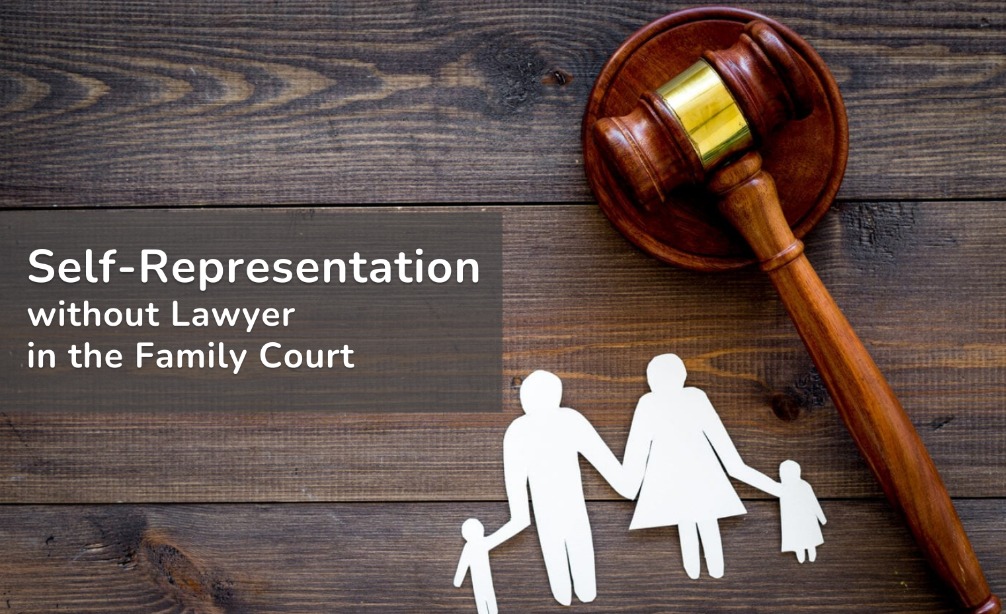What Happens When Perjury Is Involved in California Family Court?

California Family Court The burden of perjury has severe consequences, especially in California Family Court. Perjury in Family Court California is a serious issue, as family law courts deal with sensitive and emotionally charged matters, including divorce, child custody, and spousal support. If a party deliberately offers perjured testimony, the court may rely on it […]
Essential Tips for Succeeding Pro Se in Family Court Without an Attorney

Family Court It is quite overwhelming to deal with a family court without legal representatives. Legal matters may be complicated, although they can be as simple as pie if they are well prepared, researched, and attended to. Issues such as perjury in family court can further complicate the process, making it essential to stay informed […]
Top Strategies for Avoiding Perjury Allegations in Family Court

Introduction Navigating the complexities of family court can be a daunting experience. One of the most severe accusations you might face during these proceedings is perjury, which involves lying under oath. Being accused of perjury can have serious legal consequences, including fines, imprisonment, and a loss of credibility in court. To help you steer clear […]
The Role of Evidence in Detecting Perjury During Divorce Proceedings

Introduction Divorce proceedings are often complicated and emotionally charged, and in some cases, they can involve instances of perjury. Perjury, or lying under oath, can significantly affect the outcome of a divorce case. Detecting and proving perjury is crucial for ensuring justice and fairness. Here we’ll explore the role of evidence in detecting perjury in […]
How Perjury Affects Family Court Proceedings Case Studies and Legal Insights

Introduction Perjury, the act of lying or making false statements under oath, is a serious offense that can have significant repercussions in family court proceedings. When individuals commit perjury, they undermine the integrity of the judicial process, potentially causing harm to all parties involved. Here we explores how affects perjury family court cases, with a […]
Making Strategic Decisions Based on the Phase of Your Family Court Case

There’s little disagreement amongst Family Court litigants that the Family Court cycle can seem neverending. If you ask most people going through the process, they will tell you that things seem to all morph into one big catastrophe. However, this is not completely accurate. The typical divorce or custody case goes through stages or phases […]
How to Use Tactics to “Beat” the Other Parent in Family Court

How to Use Tactics to “Beat” the Other Parent in Family Court Today, we’re diving into an all too important and often complicated topic: navigating the twists and turns of family court to beat your opponent. Whether you’re representing yourself or you’ve got an attorney by your side, using the right tactics to execute a […]
Your Rights as Pro Se Litigant in Family Court

It is a known fact that self-represented, or pro se, litigants have the hardest time in court. Especially in Family Court, judges and lawyers tend to treat pro se litigants unnecessarily unfairly, in a lot of cases anyway. Well, I don’t know if it’s that they are treated unfairly on purpose, but I do know […]
Using Public Agencies Resources in Your Custody Battle
Using Public Agencies’ Resources in Family Court You absolutely need to use everything in your arsenal, or that’s at least available to you, if you have any chance of winning your custody or divorce case on your own. When I say on your own, I don’t mean literally. I mean if you are representing yourself, […]
How to Get “Wins” as Self-Represented Against an Attorney

Self Representation in Family Court is becoming more and more widespread. Statistics indicate that Family Court has the highest level of self-represented litigants of all court systems, right after housing court. Of course, these high numbers are the result of low-income families finding themselves in these unfavorable predicaments. However, there are more middle-income earners who […]
